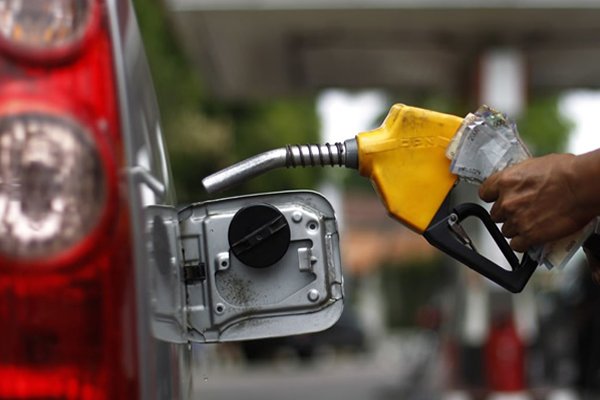The Chamber of Petroleum Consumers (COPEC-Ghana) is pushing for a review of the current deregulation policy in the petroleum sector, proposing that the Gulf cooperation model will best serve the interest of Ghanaians.
COPEC’s Executive Secretary, Duncan Amoah, has said the current deregulation policy works against the Ghanaian petroleum consumer.
He said the three major components of pricing – being the international market price, the cedi-dollar exchange and the tax component on pricing – all add up to make the price of petroleum products high for the consumer.
According to him, there has been a cumulative increase in petroleum prices of about 36% since the beginning of the year, while incomes have not seen any significant increase, resulting in a decreased standard of living.Â
READ ALSO: Fuel prices to go up again ‘in the next few hours’ – COPEC
He is calling on the government agency responsible for regulating the sector, the National Petroleum Authority, to review the current pricing mechanism to bring relief to Ghanaian.
The COPEC Executive Secretary is proposing that when crude prices on the world market rise, a portion of the resultant gains to the country’s crude exports can be used to subsidise prices, to cushion the price effects on the final consumer.
He suggested further that, Ghana should replicate the model of pricing being used at the Gulf corporation countries, where prices of petroleum are managed well so that, sometimes prices remain unchanged for ten years.
According to him under the current deregulation policy, just one of the pricing components can increase the price of fuel, making it unfavourable for the majority of Ghanaians.Â
He said further that, when the government reduces tax components, it is usually very insignificant, but the reverse is the situation when it decides to tax Ghanaians.





